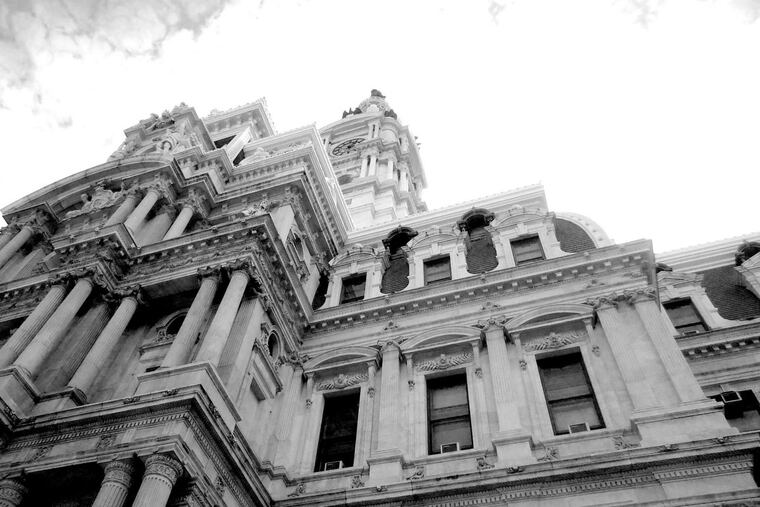Court: Philly salary-history ban violates free speech, but firms can't use data to underpay
"This is the first case that I am aware of where a court has considered the constitutionality of the salary history ban," one lawyer said.

Philadelphia's ban on employers obliging job candidates to disclose their past salaries violates First Amendment free-speech guarantees, U.S. District Judge Mitchell S. Goldberg has ruled, in a lawsuit against the city supported by Comcast, Children's Hospital of Philadelphia, and other big employers.
But in his ruling (attached below), the judge agreed that the city could stop employers from using salary history to set staff pay, if it means they'll collect less than others with similar work history and responsibilities.
City officials had hoped the ban would help women and members of other groups who are traditionally paid less to get hired at rates equal to men's.
"We are grateful that the court agreed with our position," the Chamber of Commerce for Greater Philadelphia said in a statement Tuesday. The chamber said Goldberg agreed that the city law banning an employer's inquiry into an applicant's past pay "violated the First Amendment and employers' free speech."
Chamber spokeswoman Danielle Hagerty added that the chamber supports the city's goal — "gender wage equity" — but challenged the ban as a way to get there because it is "unconstitutional to prohibit employers from asking about prior wage history." She said chamber people hope to meet with city officials to review steps both sides could support.
But the city also found something to cheer in Goldberg's ruling: "We are encouraged that the judge agreed that the city does have the legal authority to prohibit employers from relying on salary history when determining the wage of a new hire" — a "key aspect of the legislation," said city spokesman Mike Dunn. He said Philadelphia is evaluating its next move.
"We are very disappointed with the ruling, but it's not over yet," said City Councilman William K. Greenlee (D., at Large), who sponsored the bill that attempted to ban companies from asking applicants about salary history.
"I disagree that this is anti-business. It's about fairness," Greenlee added. "Women are historically paid less for the same job." He disagreed with employers who say the law won't help Philadelphia's efforts to attract private-sector companies (most of the city's major employers are hospitals and colleges). He said New York City and Massachusetts have similar laws. Even if Philadelphia has grown more slowly than those places, "people should get paid for what they are worth."
"The court found that an employer's salary history question was 'commercial speech,' which is entitled to less protection than other forms of speech," said Tracey Diamond, an employment lawyer at Pepper Hamilton LLP. "But, the court then concluded that there was no evidence that the ban furthered the city's interests. That is, the city had failed to convince the court that banning the salary history question would achieve the city's purpose of reducing the wage gap."
What that means for business: Under Goldberg's ruling, "employers have to be careful. You can ask for their prior salary. But, once you know the salary, it's very difficult to 'unring that bell,'" and claim there was no discrimination, if employees later find they were underpaid relative to others in the same job, Diamond added.
"The court upheld the part of the city ordinance that prohibits employers from relying on an applicant's salary history on setting salaries. Thus, employers may ask the question, but cannot rely on the answer," she said. So, employers who persist in asking applicants' previous pay "will be in a difficult position of having to prove that any salary disparities [after they are hired] were not the result of the employer basing salary on prior salary history. This is similar to where the law stands for private employers in New Jersey."
Diamond concludes: "This is the first case that I am aware of where a court has considered the constitutionality of the salary history ban. I suspect that lawsuits in other jurisdictions will follow and, if the courts rule the other way, this eventually could lead to a Supreme Court showdown someday."